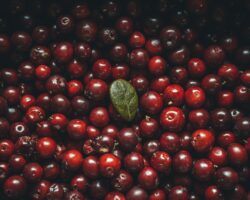An important element of the diet during the cold season
Yoghurt
Probiotics (live bacteria that are not pathogenic or toxic to the human body) are especially important in winter because they keep the intestinal microflora healthy, thus strengthening the immunity against disease. Natural yoghurt without additives is best suited to your daily diet: make it from sourdough and have it for breakfast every day.
Sauerkraut
A classic and simple element of Russian cuisine can be incredibly healthy. It is one of the oldest methods of producing probiotics in history. In addition to live bacteria, sauerkraut contains vitamins C, B and K and is also rich in sodium, iron and manganese. Remember that the product must not be pasteurised.
Cheeses
Not all cheeses boast a high probiotic content. Gouda, cheddar and mozzarella are the most effective. The most common cottage cheese is also rich in probiotics: try making it yourself or buying it from farmers to get the most benefits.
Miso
There’s a reason the Japanese boast of excellent health: miso paste is rich in live bacteria, and with it all the variety of dishes based on it. Add a serving of miso soup to your lunch a couple of times a week instead of the usual European ones. It’s a great alternative, as miso is rich in minerals and trace elements like manganese and copper.
Tempeh
This fermented soybean product is available in organic shops. Tempeh is made from whole beans by adding a yeast of the fungus culture Rhizopus oligosporus. Today, tempeh is often used by vegetarians as a high-protein meat substitute. Try adding it to a nutritious salad for dinner.






